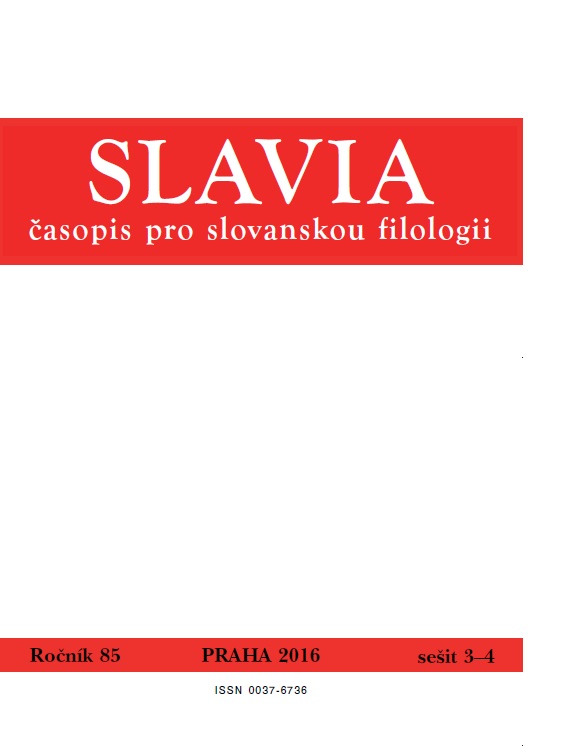Słowiański dualizm w Balladach i romansach Mickiewicza
Slavic Dualism in Mickiewicz’s Ballads and Romances
Author(s): Zbigniew KaźmierczykSubject(s): Customs / Folklore, Sociology of Religion
Published by: AV ČR - Akademie věd České republiky - Slovanský ústav and Euroslavica
Keywords: Polish romanticism; etnography; religion; dualism; mythology
Summary/Abstract: The article explores the relation between history and folklore in the development of Mickiewicz’s philosophy of history. The author demonstrates the Lelewel taught the Romanticks to understand history as a collection of accidental forces, as well as that it is possible to see through history’s intentness, interpreted as a moral developmental tendency. According to the author, Mickiewicz found the folklore equivalent of history’s intentness: uprightness. In this Mickiewiczian understanding of folklore, two relictual structures of mythology are depicted: Polesian dualism and a psychomachia based on the ancient dualism between the Iranian “asza“ (that which is upright) and “drug“ (that which is inappropriate).
Journal: Slavia - časopis pro slovanskou filologii
- Issue Year: LXXXV/2016
- Issue No: 3-4
- Page Range: 429-452
- Page Count: 24
- Language: Polish
- Content File-PDF

